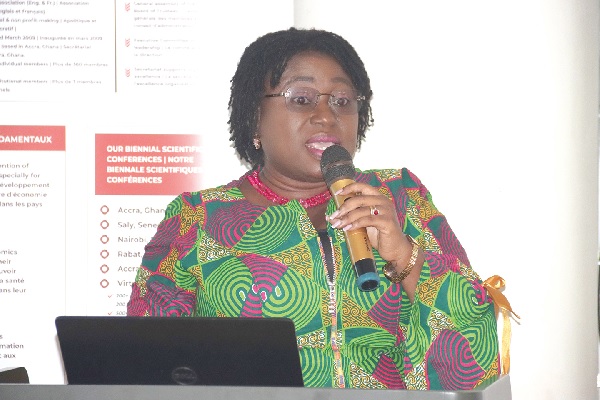
A latest research work has revealed that 93 percent of sexually active students in three selected public universities in Ghana do not use contraceptives.
The study by a Research Fellow and Clinical Trials Coordinator at the University of Ghana Medical Centre (UGMC), Dr Gifty Ekua Merdiemah also revealed that the research was conducted among 675 university respondents.
The study also noted that about 80 percent of the respondent had a basic knowledge of adolescent sexual reproductive health (ASRH) issues.
But the research also found out that over half of the 675 university respondents had sexual partners and were sexually active.
It identified that the sexual reproductive health needs of adolescents in public universities needed more attention from university authorities and policymakers.
The study was presented at a workshop organised by the African Health Economics and Policy Association (AfHEA) in collaboration with UGMC and the Institute of Statistical Social and Economic Research (ISSER).
The overall objectives of the workshop were to present the findings from the costing of priority interventions for addressing ASRH in the country and to formulate operational and policy recommendations for promoting equitable access and use of ASRH services in and out of schools.
The study
The study was done between 2018 and 2021 and the three public universities used were the University for Development Studies (UDS) representing the northern zone, the Kwame Nkrumah University of Science and Technology (KNUST) for the middle zone while for the southern zone, the UPSA was picked.
Dr Merdiemah said the study cited adolescents health needs to include sexual reproductive health (SRH) education, sexual intercourse and contraceptives, pointing out that the cost and location of healthcare services were significant barriers for adolescents to those reproductive health facilities.
Recommendations in the study, she said, included the need for all stakeholders to work together to provide policies and programmes that address the SRH needs of adolescents in public universities.
Dr Merdiemah explained that that was to ensure that they had a smooth transition to adulthood and the need for all public universities to add well-structured ASRH orientation programmes and adolescent health corners at vantage points with a wide range of SRH services.
She said the Ministry of Education should also ensure that there were relevant age-specific sex education programmes in all educational institutions with well-trained teachers and peer educators.
Presenting the findings of a study titled, “Access to adolescent sexual and reproductive health services in Ghana: a qualitative study,” Dr Ama Pokuaa Fenny of ISSER said sex education in schools was often inadequate and there was a lack of affordable and non-judgemental SRH services.
She said, to improve access to SRH, teachers and health staff needed to be trained to provide relevant sex education and adolescent-friendly services needed to be made available and affordable.
The Member of Parliament (MP) for Wa Central, Abdul-Rashid Hassan Pelpuo, called for the need to multiply the areas where adolescents could have an easy reach to gain information and have other services that could help them.
Source: Graphic
Read Full Story

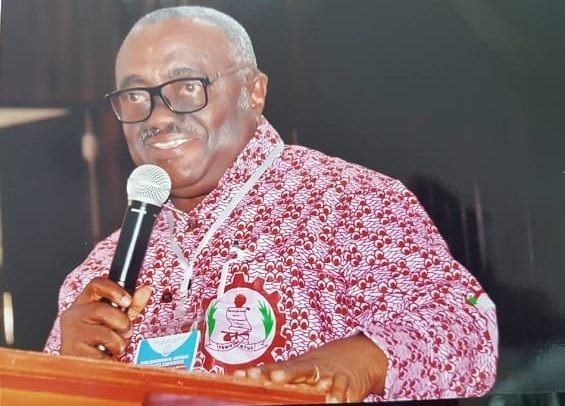

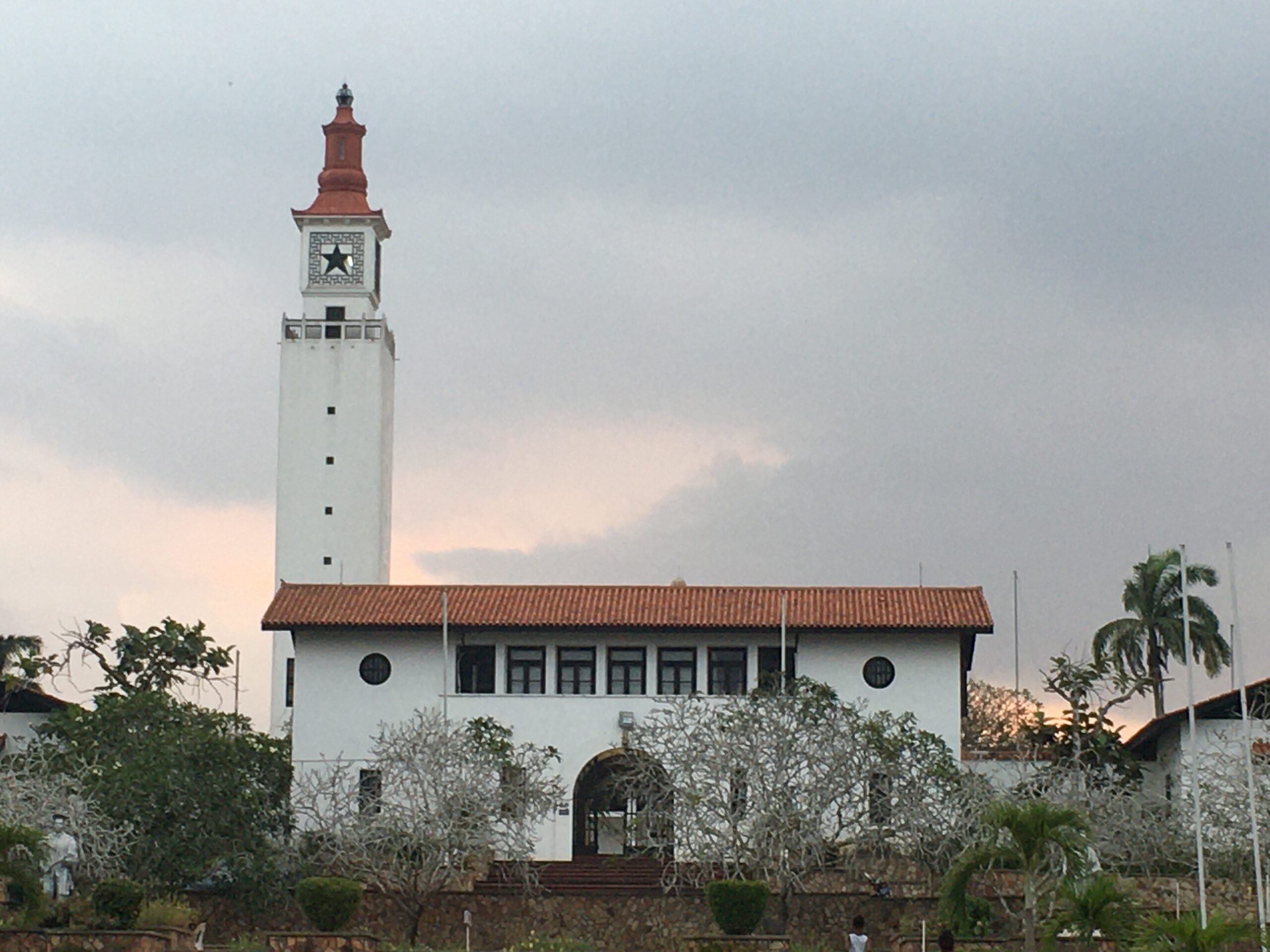

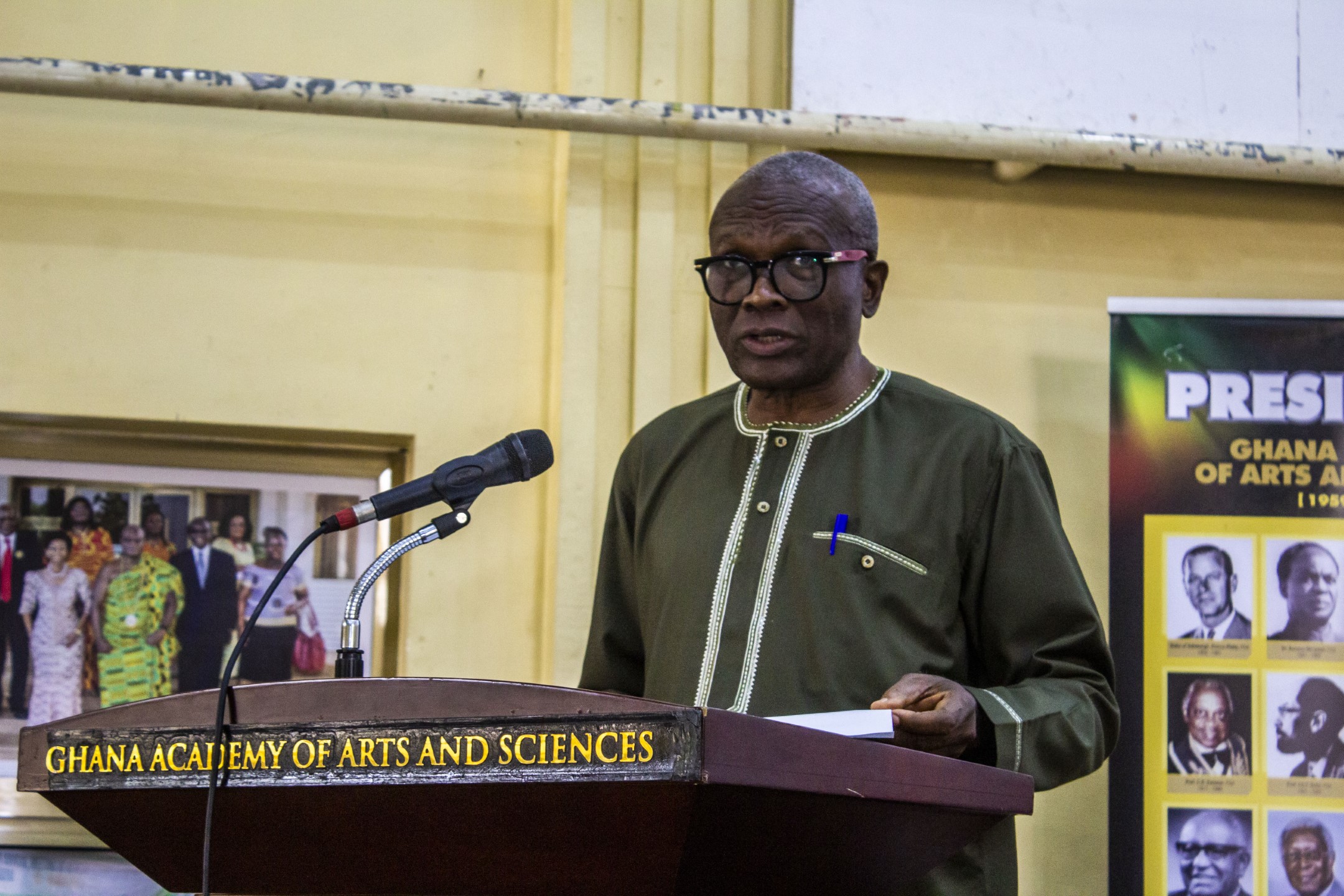



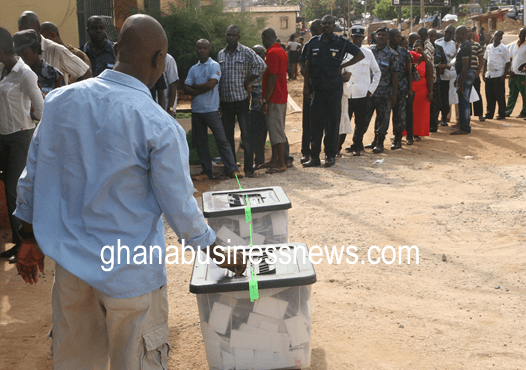

Facebook
Twitter
Pinterest
Instagram
Google+
YouTube
LinkedIn
RSS